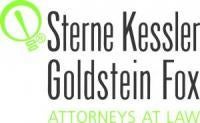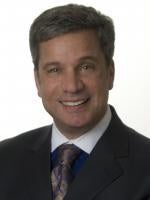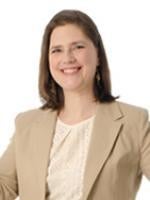One year ago, on June 28, 2010, the Supreme Court issued its decision in Bilski v. Kappos. The decision held that the machine-or-transformation test is not the exclusive test for patent eligibility, and that the three traditional exclusions of natural phenomena, abstract ideas, and laws of nature still apply. Since that time, 182 decisions involving statutory subject matter eligibility have been issued by the USPTO's Board of Patent Appeals and Interferences ("the Board"). District Courts issued 6 decisions in the past year that substantively addressed statutory subject matter under § 101, while the Federal Circuit issued 3 decisions on the subject. The day after Bilski issued, the Supreme Court denied cert in In re Ferguson, and just recently picked up Mayo Collaborative Servs. v. Prometheus Labs for review.
Following is a summary of each decision that substantively discusses statutory subject matter under § 101 – from the Board and the Courts. Although the Board decisions are not precedential, they offer insight into what patent practitioners can expect in their own appeals. Similarly, both reported and unreported cases from the District Courts and Federal Circuit are provided to round out the statutory subject matter landscape. Section (I) outlines Board cases where the claims were found to be statutory. Section (II) outlines Board cases where the claims were found to be non-statutory. Section (III) provides a look at activity in the Courts.
Some trends from the Courts worth noting:
(1) The District Courts appear to be very strict when reviewing statutory subject matter – out of the 6 District Court decisions that addressed § 101, only 2 found that the claims at issue were patent-eligible under § 101.
(2) The Federal Circuit has offered some relief for patent owners. Out of the 3 Federal Circuit decisions that addressed § 101, 2 found that the claims at issue were patenteligible.
(3) The Supreme Court is staying close to the patent-eligibility issue, having granted cert in the Prometheus case on appeal from the Federal Circuit.
Some trends from the Board worth noting:
(1) The number of decisions where the claims were held by the Board to be nonstatutory under §101 significantly outweighs the number of decisions where the Board found that the claims satisfied §101. There are about 2.5 non-statutory decisions for every 1 statutory decision.
For a full review of §101 Case Summaries v. 2.0: June 28, 2010 – June 27, 2011 and the full text of this artilce please click here:





 />i
/>i

